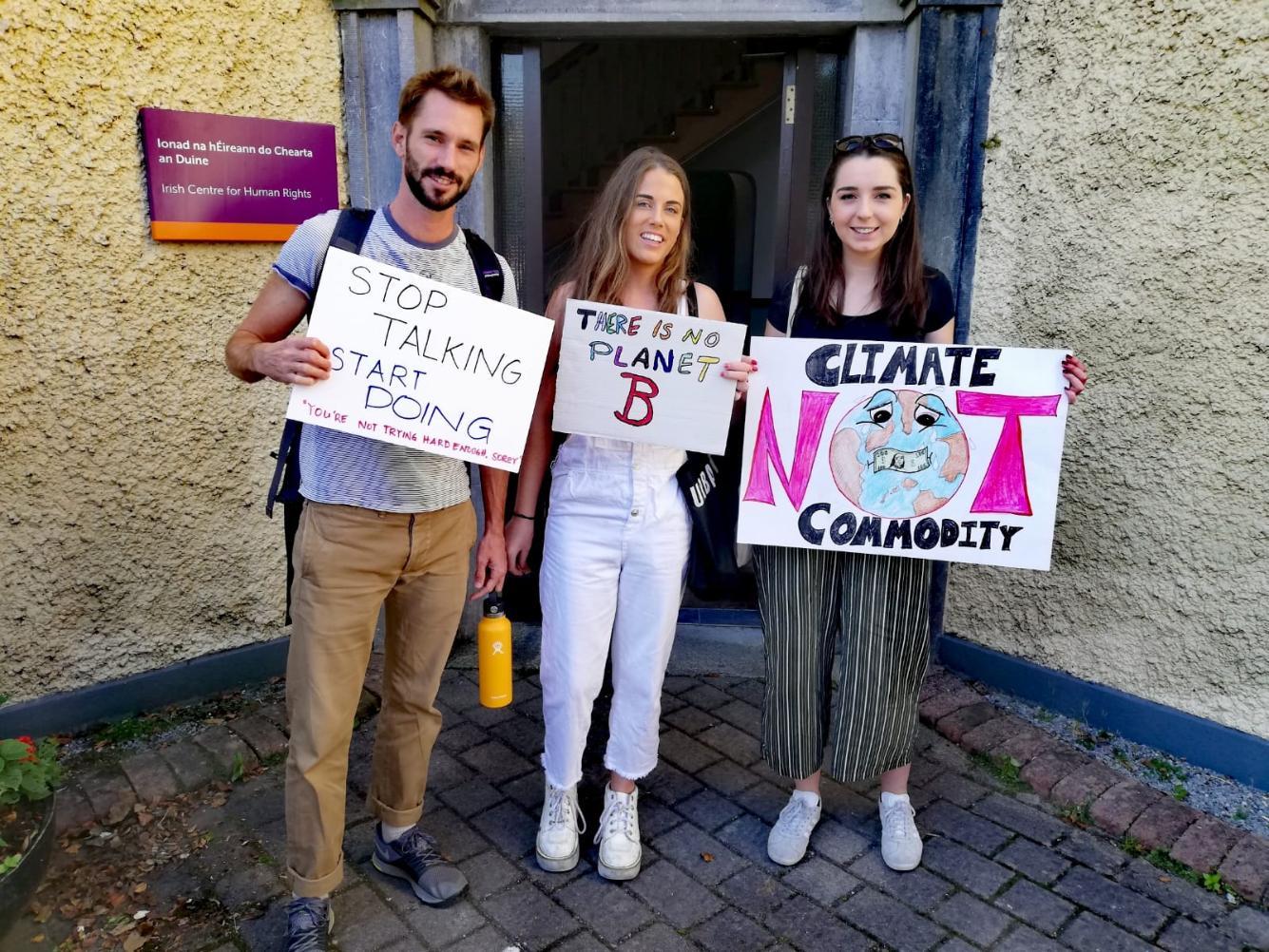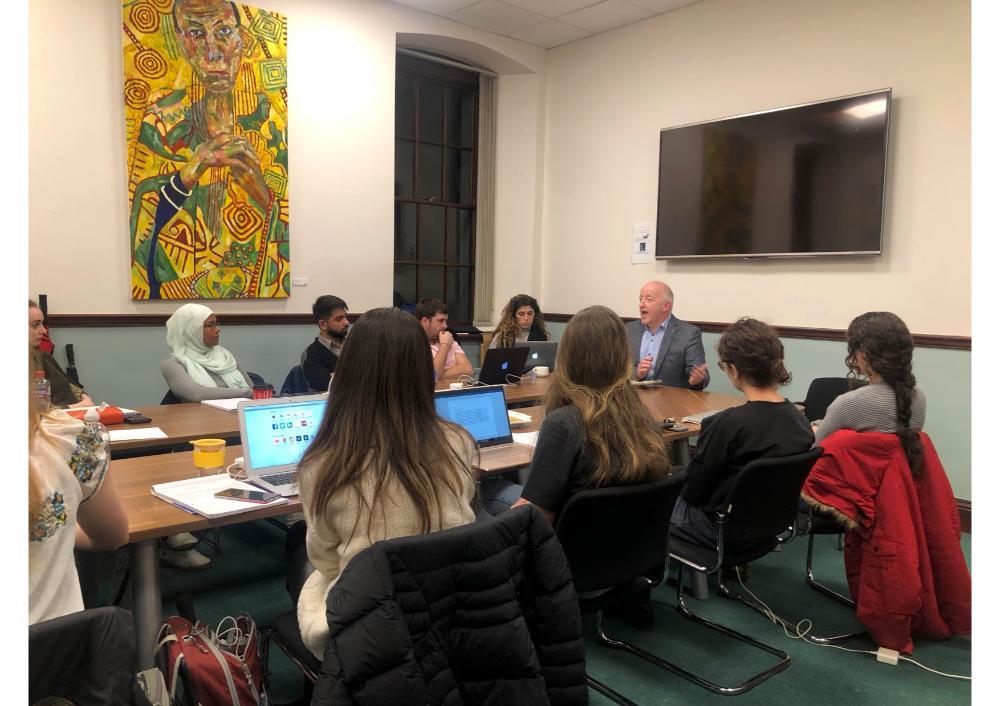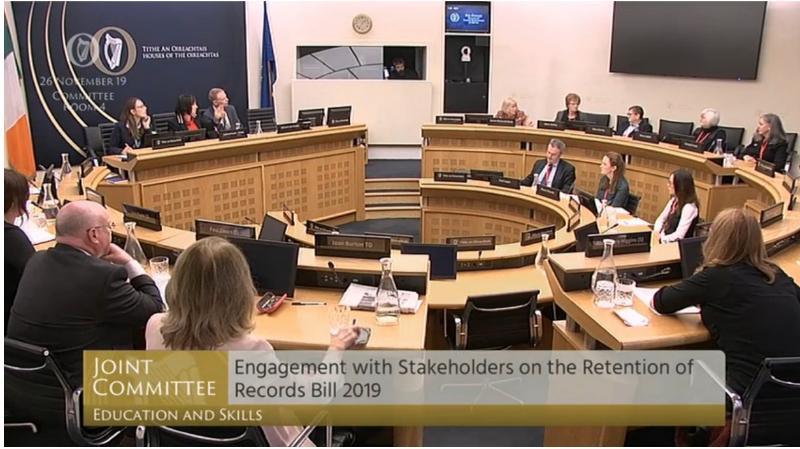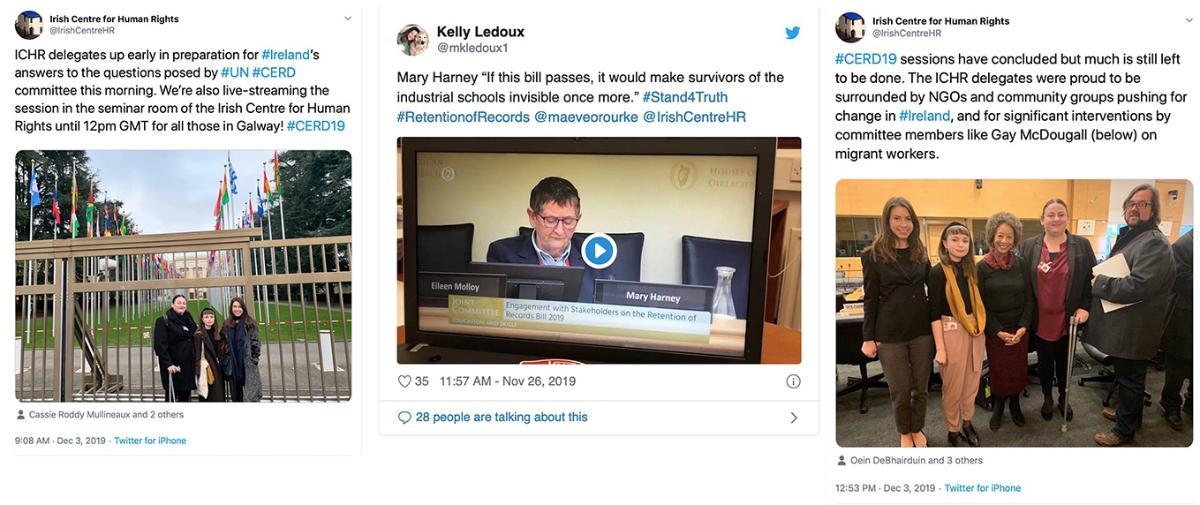-
Courses

Courses
Choosing a course is one of the most important decisions you'll ever make! View our courses and see what our students and lecturers have to say about the courses you are interested in at the links below.
-
University Life

University Life
Each year more than 4,000 choose University of Galway as their University of choice. Find out what life at University of Galway is all about here.
-
About University of Galway

About University of Galway
Since 1845, University of Galway has been sharing the highest quality teaching and research with Ireland and the world. Find out what makes our University so special – from our distinguished history to the latest news and campus developments.
-
Colleges & Schools

Colleges & Schools
University of Galway has earned international recognition as a research-led university with a commitment to top quality teaching across a range of key areas of expertise.
-
Research & Innovation

Research & Innovation
University of Galway’s vibrant research community take on some of the most pressing challenges of our times.
-
Business & Industry

Guiding Breakthrough Research at University of Galway
We explore and facilitate commercial opportunities for the research community at University of Galway, as well as facilitating industry partnership.
-
Alumni & Friends

Alumni & Friends
There are 128,000 University of Galway alumni worldwide. Stay connected to your alumni community! Join our social networks and update your details online.
-
Community Engagement

Community Engagement
At University of Galway, we believe that the best learning takes place when you apply what you learn in a real world context. That's why many of our courses include work placements or community projects.
Human Rights Law Clinic
Human Rights Law Clinic

The Human Rights Law Clinic at the Irish Centre for Human Rights was launched in 2019 and is directed by Dr Maeve O’Rourke. The Clinic is a 10 ECTS module and is open to applications from students on all LLM programmes at the ICHR.
The Clinic introduces students to the concept of ‘movement lawyering’ (alternatively described as ‘social change lawyering’ or ‘rebellious lawyering’) and prepares and enables students to contribute their skills to community-based movements for social change.
Students learn about the human rights issues and movements which will be the focus of their clinical projects through their own in-depth research and, crucially, from community organisers who are working in the area on a daily basis. Students devise their clinical projects in coordination with community organisers and they then work in small groups over two semesters to produce legal research and analysis and/or other material which will hopefully make a positive contribution to the protection of human rights in Ireland and internationally.
The Clinic was launched in December 2019 at an event featuring a lecture on climate justice by Professor Philip Alston, United Nations Special Rapporteur on extreme poverty and human rights, and an address by the Chief Justice of Ireland, the Hon. Mr. Justice Frank Clarke. You can watch this event, and Dr Maeve O'Rourke's explanation of the clinic's underpinning concepts and project work from 1 hour onwards, here.

Students’ contributions may take the form of, for example: evidence-gathering (including through Freedom of Information requests and Parliamentary Question drafting); information archiving and analysis; international, domestic and comparative legal research; report writing; drafting of correspondence to human rights bodies; drafting of responses to parliamentary or Governmental consultations; legislation drafting; website design; public information guide writing; newspaper/blog opinion writing; and/or multimedia production.
Students are encouraged to take the initiative to design their own activism strategies and activities, and to develop their own relationships with the community organisers involved in the Clinic’s work. Students are at the same time guided in their work through in-class presentation and reflection, peer-to-peer learning and collaboration, and academic supervision.
It is intended that, upon completion of the Human Rights Law Clinic module, students will:
- understand several of the methods by which grassroots/community-based movements tend to work to achieve systemic social change;
- be aware of a range of strategies and skills that those with legal training and knowledge of human rights law can employ as part of a movement for social change;
- have developed an ethical sense of how lawyers might approach and understand their work as part of a movement for social change;
- have developed a critical perspective on the limitations of law as a tool for social change and of the positionality of lawyers vis-à-vis institutional, structural and societal oppression and discrimination;
- have a basic knowledge of some of the key legal issues arising in areas of systematic human rights violations in Ireland and/or internationally; and
- have contributed some practical assistance to existing movements for social change, guided by the needs and advice of those already working within those movements.

In 2024-2025, under the supervision of Dr Maeve O’Rourke, Dr Niamh Keady-Tabbal, Dr Pearce Clancy, Hassan Abu Omar, Ramez Al Hayek, Amanie Issa and Mary Harney, students in the Human Rights Law Clinic are working to assist:
- The Fossil Fuel Non-Proliferation Treaty Initiative
- Mother Nature Cambodia
- Global Legal Action Network
- The Clann Project
- Professor Siobhán Mullally, UN Special Rapporteur on trafficking in persons, especially in women and children
- Francesca Albanese, UN Special Rapporteur on the situation of human rights in the Palestinian Territory occupied since 1967
- Sadaka – the Ireland Palestine Alliance
In 2021-2022, under the supervision of Anne Driscoll, Judit Villena-Rodó, Pearce Clancy and Dr Maeve O'Rourke, students worked alongside:
- Care Champions
- Mary Harney and the Clann Project
- Osgur Breatnach
- Anne Driscoll (on an Irish National Registry of Exonerations)
- Eddie Mitchell and Brian Smith of Love Leitrim and Save Leitrim
- Johnny McElligott of Safety Before LNG
In 2020-2021, students assisted:
- Professor Siobhán Mullally, UN Special Rapporteur on trafficking in persons, especially in women and children
- Johnny McElligott (Safety Before LNG), Eddie Mitchell (Love Leitrim) & Dianne Little (Letterbreen and Mullaghdun Partnership)
- Evgeny Shtorn (Movement of Asylum Seekers in Ireland)
- John Lannon (Shannon Watch)
- Mary Harney (Adoption Rights Alliance) and Fionna Fox (Reclaiming Self)
- Saoirse McHugh and Bridgi Murphy
- Cassie Roddy Mullineaux and Loughlin O'Nolan (Article 8 Advocacy)
- Una Reynolds (Galway Hygiene Bank)
- Will Cummings, Eimear O'Grady and Clare O'Connor (Inner City Helping Homeless)
In 2019-2020, students carried out a range of research and advocacy activities alongside community-based groups in Ireland tackling issues including the treatment of children in the Direct Provision system; Ireland's (non-)performance regarding its climate change mitigation obligations; the need for national memorialisation and education regarding 'historical' abusesin institutional settings and the adoption system; and the ongoing lack of access to personal files or administrative records concerning 'historical' abuses in Magdalene Laundries, Mother and Baby Homes, County Homes, residential schools and the adoption system.

News
- International Human Rights Law Clinic Students Participate in Ireland’s review under CEDAW (July 2025)
- RAF Surveillance Flights Over Gaza and Complicity in Torture by Israel (April 2025)
- Revocation of Shamima Begum’s Citizenship: What Happened and What Comes Next? (April 2025)
- Human Rights Law Clinic assists Care Champions and others to request human rights-based inquiry into residential care experiences during Covid-19 pandemic (March 2023)
- Elizabeth Coppin publishes response to Committee Against Torture’s Decision (February 2023)
- LLM students launch 'My Country is My Prison' - a podcast about Ireland's so-called 'historical institutions' (May 2022)
- LLM students publish secondary school teaching materials on Ireland’s institutional abuses (July 2021)
- Introducing Timelines to the Irish International Protection System (July 2021)
- Ireland’s forced family separation system and the right to identity: LLM students work with adopted people on data protection (May 2021)
- New Blog: State Implementation of International Human Rights Standards on Trafficking (May 2021)
- Human rights laws require a global ban on fracking, say postgraduate researchers at the Irish Centre for Human Rights (May 2021)
- Report Launch & Webinar: "Let's Talk Periods: Understanding Period Poverty as a Human Rights Issue" (May 2021)
- LLM researchers publish report on EU-Mercosur trade agreement (May 2021)
- United Nations Universal Periodic Review Submission (April 2021)
- Towards a statutory prohibition on importing fracked gas (January 2021)
- Direct Provision's Impact on Children: A Human Rights Analysis (November 2020)
- Publication of new working paper: The Istanbul Convention's monitoring mechanism (October 2020)
- LLM students publish podcast investigating the anti-fracked gas movement (June 2020)
- LLM Students Create Website to Help Industrial and Reformatory School Survivors (May 2020)
- LLM students create public education resource concerning Dublin’s Sean McDermott Street Magdalene Laundry site (May 2020)
- UN Committee Against Torture delivers landmark admissibility decision (Feb 2020)
- Report to the UN Committee Against Torture submitted by ICHR (Feb 2020)
- LLM Students Launch 'Ask About Direct Provision' Project for #GE2020 (Jan 2020)
- Live Screening: Ireland's examination by the UN Committee (Nov 2019)
Further Reading
For discussion of the concepts of ‘movement lawyering’, ‘social change lawyering’ or ‘rebellious lawyering’, see for example:
- William P Quigley, ‘Letter to a Law Student Interested in Social Justice’ (2007) 1(1) De Paul Journal for Social Justice 7
- Alexi Nunn Freeman and Jim Freeman, ‘It’s about power, not policy: movement lawyering for large-scale social change’ (2016) 23 Clinical L Rev 147
- William P Quigley, ‘Reflections of Community Organizers: Lawyering for Empowerment of Community Organizations’ (1995) 21 Ohio N.U.L Rev 455
- Kenya Human Rights Commission: Theory of Change and Key Strategies
- Human Rights Law Network, India: Our Journey
- Bertha Social Justice Institute, Movement Lawyering Reading Guide (April 2013)
- Hofstra Law Review, Movement Lawyering Symposium, Vol 47, Issue 1 (2018)















